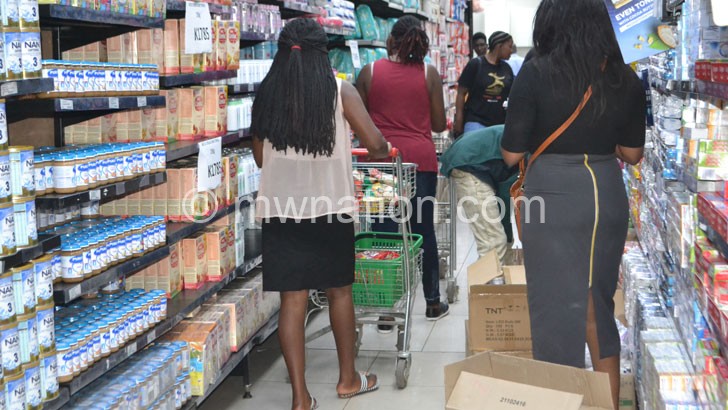Rising commodity prices fuelling deficit—report
The poor performance of exports in Malawi amid elevated global prices for most key commodities is putting pressure on the country’s trade balance, thereby widening the current account balance.
The World Bank has said this in the Malawi Poverty Outlook published last week.

Current account deficit, a measurement of a country’s trade where the value of goods and services it imports exceeds the value of produce it exports.
The Bretton Woods insitution said the current account balance, which narrowed to 11.7 percent in 2019 before slightly rising to 12 percent last year, is fast increasing due to rising commodity prices.
The bank has since projected a current balance of 12.9 percent this year and 13.1 percent next year.
Reads the report in part: “Gross official reserves are low and performance in the coming season of major export commodities is projected to be lower than this season.
“In addition, global commodity prices are still projected to be elevated over the medium- term thus widening the trade balance.
“While a more liberalised exchange rate regime should help improve the trade balance in the medium-term, limited diversification and declining global demand for tobacco will contribute to a sustained current account deficit.”
Meanwhile, available figures from the Reserve Bank of Malawi show that Malawi’s external position weakened in 2020 where the current account deficit widened by 5.9 percent to $1.8 billion (about K1.4 trillion) in 2020 from $1.7 billion (about K1.3 trillion) in 2019.
Similarly, merchandise trade balance worsened to about $593.5 million in the second quarter of this year, which was worse than minus $456.6 million in the first quarter of this year. During the review period, exports decreased by $14.3 million to $168.7 million.
Due to the under performance of the current account, Malawi’s gross official reserves have lately been under pressure due to the country’s rising demand for imports.
The gross official reserves have continued to drop, now recorded at $357.18 million, or 1.43 months of import cover in September 2022 from $521.87 million, or 2.09 months of import cover in August 2021, according to RBM figures.





